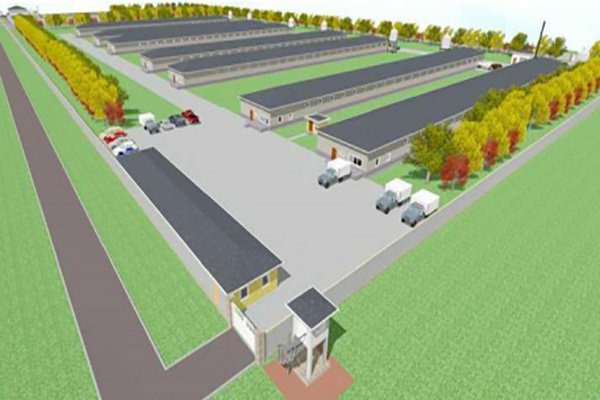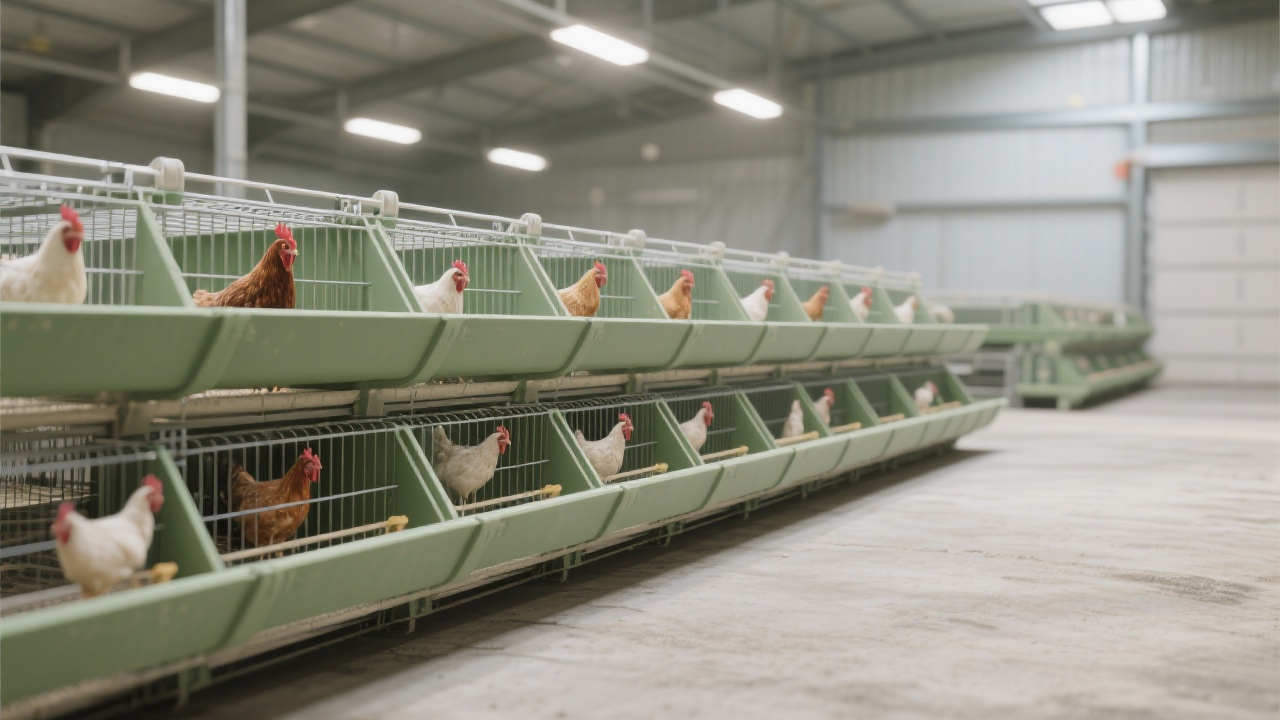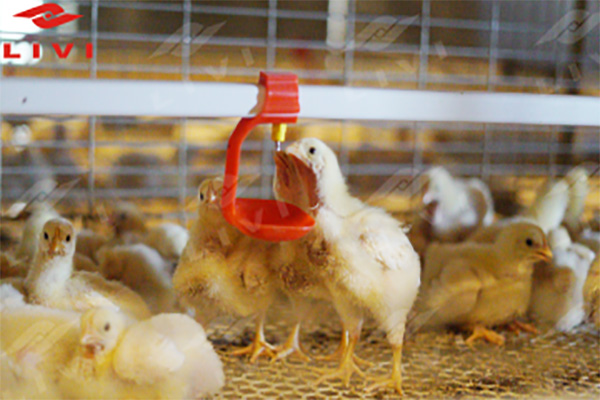
In today's global market, export-oriented layer chicken farms are facing increasing pressure from environmental policies and market trends. Meeting environmental compliance standards is not only a regulatory requirement but also a key factor in enhancing international competitiveness. This article will delve into the advanced technologies and solutions that can help layer chicken farms achieve these goals.
With the growing awareness of environmental protection, governments around the world have introduced stricter environmental policies for livestock farming. Layer chicken farms are no exception. For example, in some European countries, farms must meet specific standards for manure treatment and ammonia emissions to obtain export permits. Additionally, consumers are increasingly demanding products from environmentally friendly farms, which means that farms need to adopt sustainable practices to meet market demand.
One of the key technologies for environmentally friendly layer chicken farming is the automatic manure cleaning system with dry-wet separation technology. This system is usually配套 with H-type layer chicken cages. The dry-wet separation technology can effectively separate solid and liquid manure, which not only improves the efficiency of manure treatment but also reduces environmental pollution. According to research, this technology can increase the resource utilization rate of manure by up to 80%, significantly reducing the environmental risk.

The working principle of the automatic manure cleaning system is as follows: The manure falls onto the conveyor belt through the chicken cages, and then is transported to the dry-wet separation device. In the separation device, the solid manure is separated from the liquid manure, and the solid manure can be used as organic fertilizer after further processing, while the liquid manure can be treated through biogas digesters or other methods.
In addition to manure treatment, ventilation and temperature control are also crucial for the health of chickens. High ammonia concentrations and large temperature fluctuations can have a negative impact on chicken health, leading to reduced egg production and increased disease incidence. The intelligent ventilation and temperature control technology can effectively control the ammonia concentration and temperature in the chicken house.
For example, the ventilation system can continuously exchange the air in the chicken house, reducing the ammonia concentration to a safe level. At the same time, the temperature control system can adjust the temperature in the chicken house according to the external environment and the growth stage of the chickens, ensuring a stable and comfortable living environment for the chickens. Studies have shown that using this technology can reduce the incidence of chicken diseases by 30% and increase the egg production rate by 15%.

To meet the environmental compliance requirements and enhance international competitiveness, layer chicken farms need to build a complete green farming process. This process should include manure treatment, ventilation and temperature control, and other aspects, and should comply with international standards such as ISO14001.
Let's take a look at a successful case. A layer chicken farm in South America adopted the above technologies and established a green farming process. After one year of operation, the farm successfully obtained the ISO14001 certification. The certification not only improved the farm's brand image but also increased its market share in the international market by 20%.
When implementing these technologies, farms also need to pay attention to some practical tips and avoid common mistakes. For example, when choosing the automatic manure cleaning system, farms should consider the scale of the farm and the type of chicken cages. In addition, during the operation of the ventilation and temperature control system, farms should regularly check and maintain the equipment to ensure its normal operation.

In conclusion, the dry-wet separation technology and intelligent ventilation and temperature control technology are essential for export-oriented layer chicken farms to achieve environmental compliance and enhance international competitiveness. By adopting these technologies, farms can not only meet the regulatory requirements but also meet the market demand for environmentally friendly products. Don't miss this opportunity to make your farm more in line with international standards and significantly reduce labor costs while increasing egg production. Click here to learn more about these advanced technologies and transform your layer chicken farm today!

